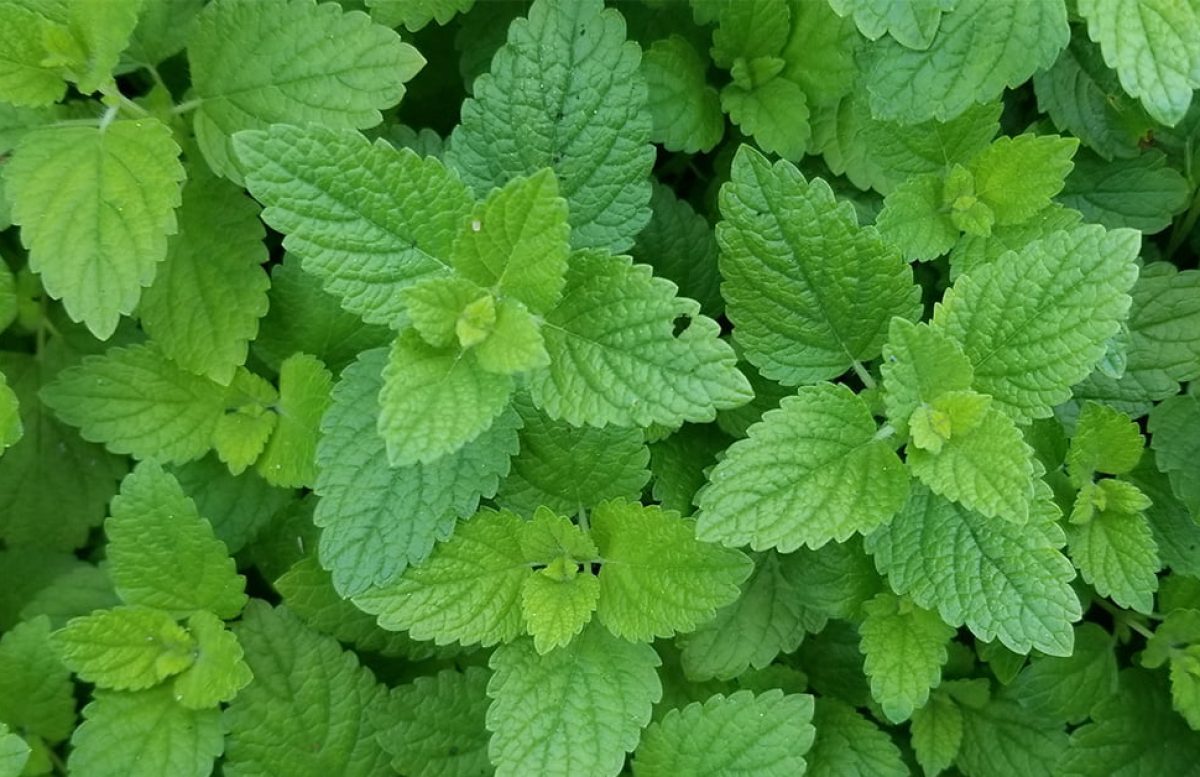Lemon balm (Melissa officinalis) is a perennial herb that belongs to the mint family. It is native to the Mediterranean region and has been used for centuries in traditional medicine as a natural remedy for a wide range of ailments.
Lemon balm has a pleasant, lemony aroma and taste, which makes it a popular choice for use in teas, tinctures, and essential oils. It is also commonly used in cooking and as a natural remedy for stress, anxiety, and sleep problems.
In herbal medicine, lemon balm is often used for its calming and uplifting effects. It is believed to have a balancing effect on the nervous system, helping to reduce anxiety and promote a sense of well-being. It may also have a mild sedative effect, making it helpful for promoting sleep and relieving insomnia.
Lemon balm is also thought to have antiviral and antimicrobial properties, making it a popular choice for treating cold sores and other viral infections. It may also help to reduce inflammation and improve digestion.
In terms of its energetics, lemon balm is generally considered to be cooling and drying. This means that it may be helpful for reducing fevers, balancing hot or overly moist conditions, and supporting the body’s natural detoxification processes.
In folklore, lemon balm was often associated with love, happiness, and friendship. It was believed to attract bees and was used as a symbol of love in traditional wedding ceremonies.
In spiritual traditions, lemon balm is sometimes used as an aid for meditation and prayer. Its calming and uplifting effects may help to clear the mind and promote a sense of inner peace and connection with the divine.
Overall, lemon balm is a versatile herb with a wide range of potential health benefits. While more research is needed to fully understand its effects, it has a long history of use as a natural remedy and is generally considered to be safe when taken in recommended doses.
Lemon Balm (Melissa officinalis)
Family: Lamiaceae
Parts Used: Leaf
Taste – Sour (Cooling medicinal property, Sedative to heat)
Actions:
- Nervine Relaxant/sedative – Influences the nervous gently relaxing tension, bringing the vital force down & in, Calming the nervous system down
- Relaxant Diaphoretics – Remedies uses in relaxing a fever. (Blood vessels, and capillaries, relieve tension at the skin level) – Through the relaxant nervine – Doing this through the nerves.
- Spasmolytic – Relax tension & spasms in the nervous system & muscles
- Carminative – working through the digestive system, Increases circulation, releasing excess gas/bloating (like most aromatic mints)
- Nootropic – help with mental clarity, cognition, and focus. (scattered mind with nervousness) Calms the mind down so you can focus. Has an uplifting property.
- Shin tonic – Chinese medicine (spirit tonic) – Aggravated shin is seen with a red-tipped tongue. The tip of the tongue is related to the heart but we see this as the mind taking over the heart and putting that mental stress upon the heart.
Affinities:
- Nervous system – Specific for relaxing the nerves (Equally dispersed through the whole body so we can see that most herbs that work on the nervous system can have an effect on a lot of organs.)
- Heart- Predominantly because of its tie-in to the nervous system.
- Digestive System – This is through the carminative action. (Directly stimulating)
Energetics:
- Cooling – Sedates heat & excitation in tissues. It brings the energy down. (Whole System)
- Drying – Long-term use will have a drying effect on the constitution. Increases secretions that are ultimately leaving the body.
- Relaxant – Nervous system related to the whole body.
- Stimulating – Digestive.
Pitta (cooling) & Vatta – relaxant (releases tension)
Specific Indications:
Psychological dynamics- Beneficial for a lot of modern humans, a person who takes their life too seriously (stiff, rigid, overly driven – Forgot how to let go & have fun with life) Relax & play (the person who is out of touch with their childlike perspective) Helps to peel the layers of the conditioned patterns off. It’s very hard to be happy when we are living in external truths.
Reclamation of happiness – Releasing tension around desire. Tenses (past tense & Future Tense in time are tension in the mind – Past & Future (when the mind is in one of those states of time we can experience tension) Lemon balm teaches us how to generate our own happiness.




